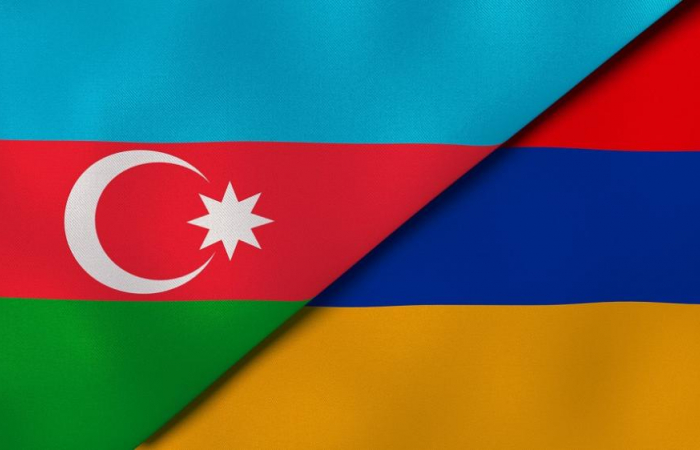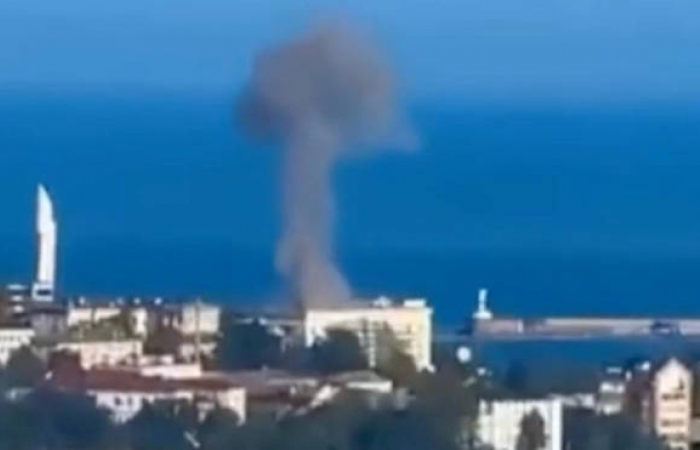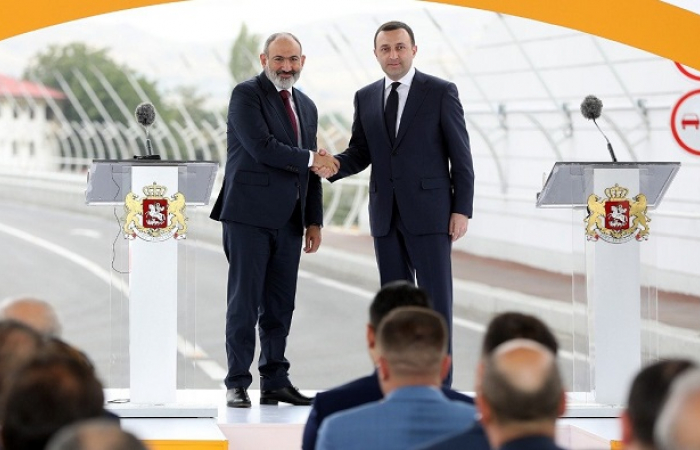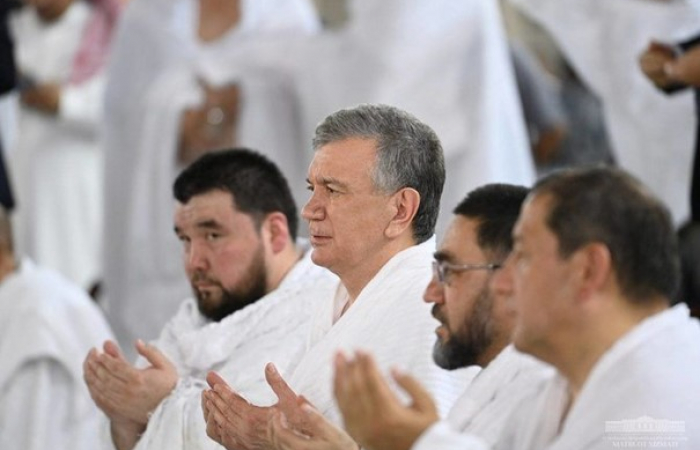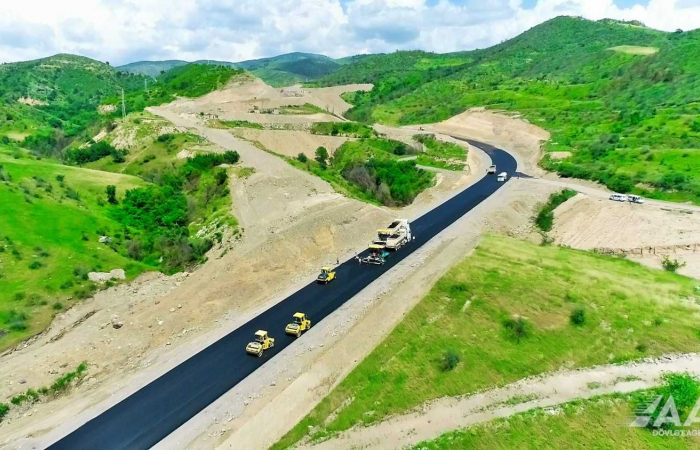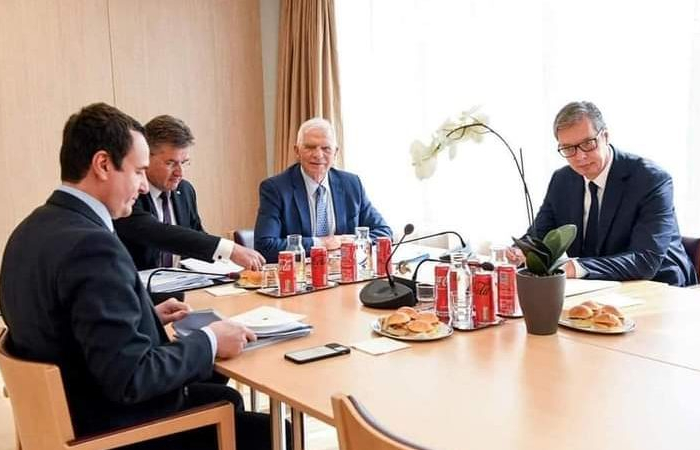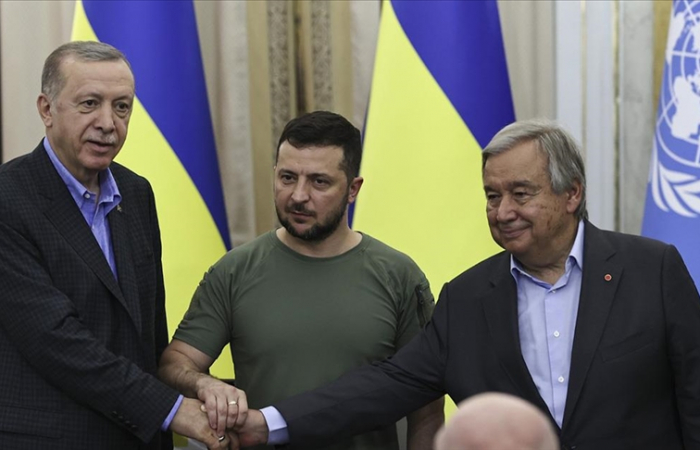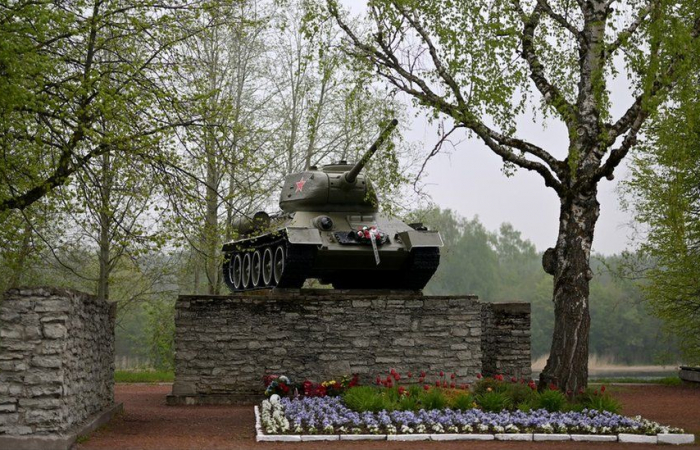Trending
Opinion: One step forward, two steps backward undermines the Armenia-Azerbaijan peace process
21 August 2022
"Recent developments underpinning the peace efforts are not insignificant, and were truly unimaginable a few years ago", writes Vasif Huseynov in this op-ed. Yet, the recent "series of events runs the risk of transforming the peace process into a 'one step forward, two steps backward' ritual, indefinitely delaying the negotiations. This trend should be countered by all means possible. It needs to be seriously taken into account by the European Union whilst exercising its efforts to bring the leaders of Armenia and Azerbaijan to the negotiating table", he adds.



